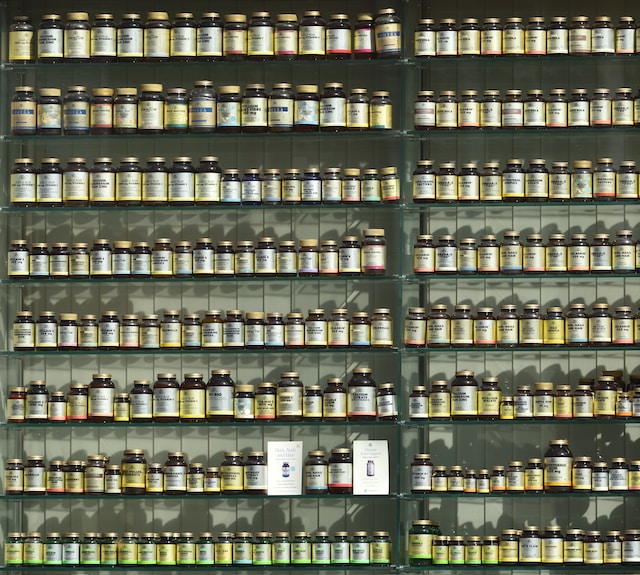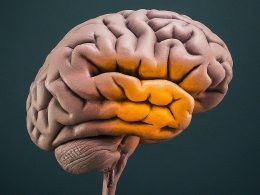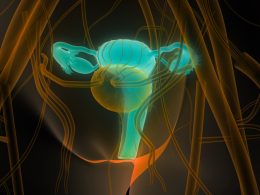Veganism, a plant-based lifestyle that excludes all animal products, has gained popularity for its ethical, environmental, and health benefits. While a well-planned vegan diet can provide all the necessary nutrients, there are certain vitamins and minerals that may require special attention for vegans. In this article, we will explore why some vegans may need to take supplements to ensure optimal health.
- Vitamin B12:
Vitamin B12 is an essential nutrient that plays a crucial role in the formation of red blood cells and the proper functioning of the nervous system. It is primarily found in animal-based products, making it challenging for vegans to obtain sufficient amounts from their diet alone. Since plant-based sources are unreliable, vegans are advised to take a B12 supplement or consume fortified foods like nutritional yeast, plant-based milks, or breakfast cereals. Regular monitoring of B12 levels and appropriate supplementation is crucial to prevent deficiency and maintain overall health.
- Omega-3 Fatty Acids (DHA and EPA):
Omega-3 fatty acids, particularly docosahexaenoic acid (DHA) and eicosapentaenoic acid (EPA), are crucial for brain health, heart function, and reducing inflammation. While some plant-based sources like flaxseeds and chia seeds contain a type of omega-3 called alpha-linolenic acid (ALA), the conversion efficiency of ALA to DHA and EPA in the body is limited. To ensure an adequate intake of DHA and EPA, vegans may consider taking supplements derived from microalgae, which is a plant-based source of these essential fatty acids. These supplements are an effective and sustainable alternative to fish-derived omega-3 supplements.
- Vitamin D:
Vitamin D is essential for bone health, immune function, and the absorption of calcium. While sunlight exposure triggers the production of vitamin D in the skin, factors such as geographic location, time of year, and lifestyle choices may affect the ability to produce enough vitamin D. For vegans who may have limited sun exposure or live in regions with inadequate sunlight, obtaining sufficient vitamin D from food sources alone can be challenging. Fortified plant-based milks, breakfast cereals, and mushrooms exposed to ultraviolet light can help, but supplementation may still be necessary, especially during winter months or for individuals with specific needs.
- Iodine:
Iodine is a mineral essential for thyroid function and the production of thyroid hormones. While iodine is naturally found in seaweed, its content can vary, and excessive consumption of seaweed can lead to excessive iodine intake. Vegans who do not consume seaweed regularly and do not use iodized salt may be at risk of iodine deficiency. To ensure adequate iodine intake, vegans should consider using iodized salt or taking an iodine supplement. Consulting with a healthcare professional can help determine the appropriate iodine supplementation dosage.
Conclusion:
While a well-planned vegan diet can provide a wide array of essential nutrients, there are certain vitamins and minerals that may require special attention for vegans. Vitamin B12, omega-3 fatty acids (DHA and EPA), vitamin D, and iodine are among the nutrients that may need to be supplemented in a vegan diet. Regular monitoring of nutrient levels, consulting with healthcare professionals, and choosing appropriate supplements or fortified foods can help vegans maintain optimal health and prevent nutrient deficiencies. By being mindful of their nutritional needs, vegans can enjoy the benefits of a plant-based lifestyle while ensuring their bodies receive the necessary nutrients to thrive.










